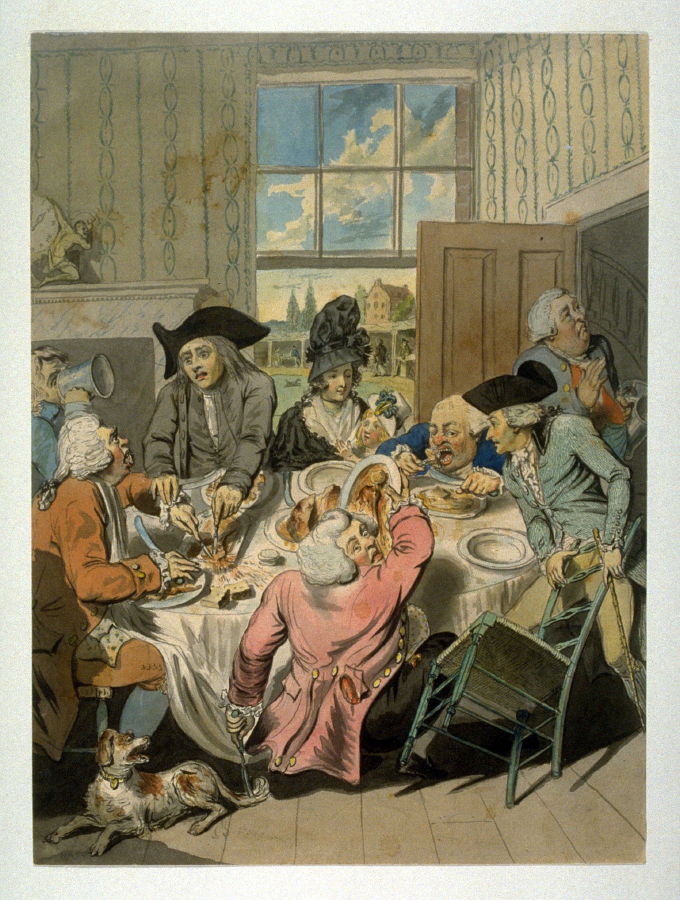By Fernanda Lai
Novels even in their names suggest something of the new. For Henry Fielding, an 18th century English novelist, the distinctiveness of novels lies in their ability write a timeless history of civilisation, instead of being interested in a particular historical moment. They are interested in ‘not men, but manners, not an individual but a species”. (Fielding, 32) In Evelina (1778), Burney uniquely positions her protagonist, Evelina, as the “offspring of Nature in her simplest attire” to assess the rules of London society. (Burney, 7) Since Evelina was brought up with no knowledge of the manners expected of her, her behaviour is without artifice. Evelina can be interpreted as a social experiment, as it is Evelina’s “ignorance of the forms, and inexperience in the manners, of the world, [that] occasion all the little incidents which these volumes record.” (7)
Evelina, or a Young Lady’s Entrance into the World, has a remarkably tidy plot. The novel begins with Lady Howard reporting to Rev. Villars that Evelina’s maternal grandmother, Mme Dual is intent on meeting Evelina. However, years earlier, Mme. Duval disinherited Evelina’s mother, Caroline, after she rashly marries Sir John Belmont, instead of acquiescing to the match that had been planned for her. An enraged Belmont burns the marriage certificate and abandons Caroline. She later dies in childbirth, and leaves the child in the care of Rev. Villars. Thus, Evelina is born without family and legitimacy. In an attempting to keep Evelina away from Mme. Duval’s influence, Rev. Villars allows Evelina to join the Howards in London. Unfortunately, since Evelina is ignorant of the customs of London society, she makes a series of faux pas, but attracts the attention of several men in the process. The most prominent of her suitors are Lord Orville, who proves himself to be worthy of admiration, and Sir Clement Willoughby, a baronet with duplicitous intentions. After a series of events, it is revealed that her father’s absence was due to a misunderstanding, because Evelina’s former wetnurse passed her own daughter off as Belmont’s legitimate daughter.


